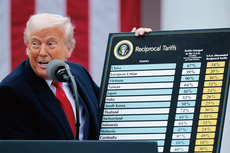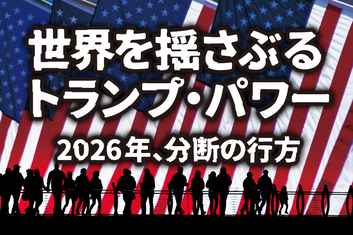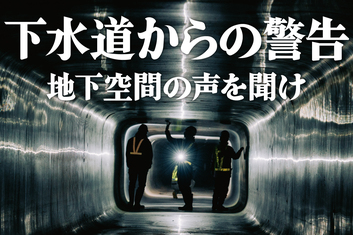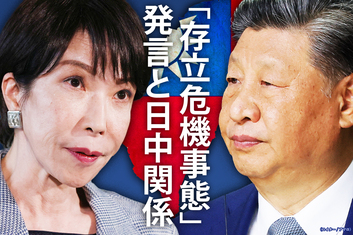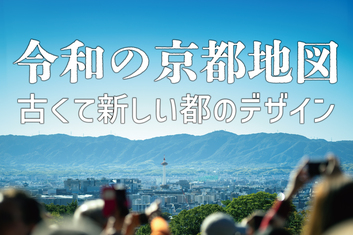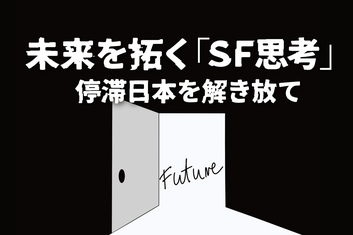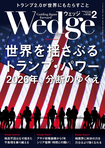Amagai succeeded in developing the authentication device, which is about the size of a credit card, for consumer use. Sony began marketing it in 2009.
The device, which can be plugged into a computer USB port, is still one of the main products for Mofiria.
Even though Amagai succeeded in commercializing the device, Fujitsu and Hitachi still dominated the domestic market, where it was used in banks.
But since foreign countries at that time were an as-yet unexplored market, Sony teamed up with domestic makers of automated teller machines and entered the overseas markets.
That gave Amagai the idea of breaking away from Sony.
“Instead of being under Sony, I thought I should be in a neutral position and expand the business by teaming up with local partners and integrators in the world,” he said.
The victory of the Turkish project bid also comes from the right choice of a partner.
Mofiria allied with Proline, a Turkish company making authentication systems for passports and driver’s licenses.
The Turkish firm has strong connections with hospital groups around the country, and in the future they are expected to use the authentication system.
Proline has seen an increase in sales volume since the project was launched at the end of June.
Normally, large Japanese companies want total control over the marketing of their products by themselves both at home and overseas, instead of teaming up with local companies and using their domestic sales channels.
But Amagai had a different idea. “Newly emerging economic powers welcome foreign companies to partner with local counterparts because doing so adds value to the local economy,” he said. This was another advantage of splitting from Sony.
When Sony developed the FeliCa contactless IC technology, it was used in the Suica prepaid electronic money card issued by East Japan Railway Co., and also in other money cards.


